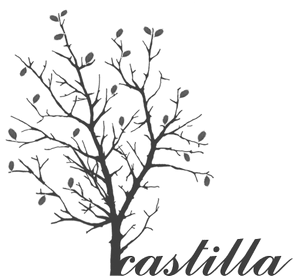Borders of desire: Melodrama and Social Critical in Tengo miedo torero, by Pedro Lemebel
Abstract
This article analyzes the novel Tengo miedo torero (2001), by Chilean writer Pedro Lemebel. The study aims to demonstrate how that narrative develops a critic discourse about the Chilean history under military dictatorship’s power. The Lemebel’s text can be described as a historiographic metafiction (Hutcheon, 1991). The textual construction, in this novel, is associate with the melodramatic genre, and its writing procedures create a hybrid discursive space where the literary enunciation acknowledges discourses and languages that hasn’t generally been institutionalized by social structures. These constructive aspects contribute for the protagonist character’s subjectivity (Agamben, 2008), an effeminate gay man that is representative character of a social condition characterized by borders and risks. In this novel, then, the performance made by the protagonist shows and promotes some discussions about the (homo)sexual desire, the individual and collective freedom (Bauman, 1998) and the representations of certain minority groups in Latin American Contemporary Literature.Downloads
Download data is not yet available.
Downloads
Published
2012-03-05
Issue
Section
ARTICLES
License
The articles published at Castilla. Estudios de Literatura will have a Creative Commons Attribution 4.0 International License (CC BY 4.0).
The authors continue as owners of their works, and can republish their articles in another medium without having to request authorization, as long as they indicate that the work was originally published in Castilla. Estudios de Literatura.
How to Cite
Borders of desire: Melodrama and Social Critical in Tengo miedo torero, by Pedro Lemebel. (2012). Castilla. Estudios De Literatura, 3, 181-204. https://revistas.uva.es/index.php/castilla/article/view/110



